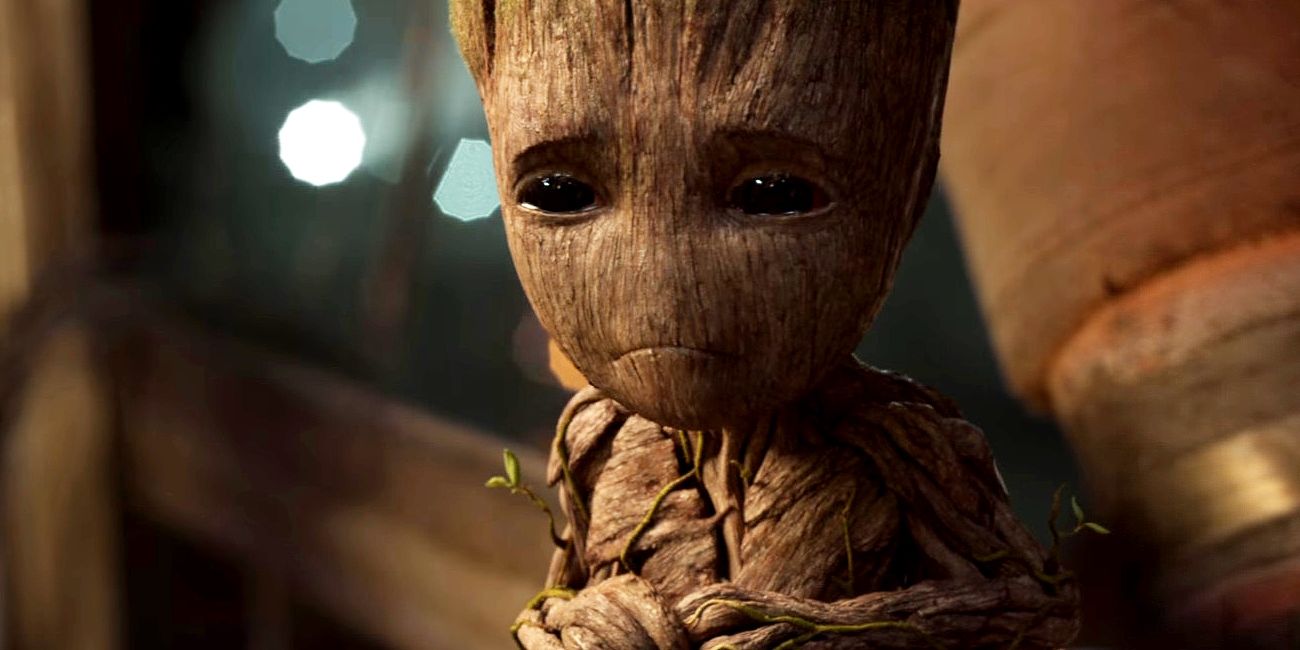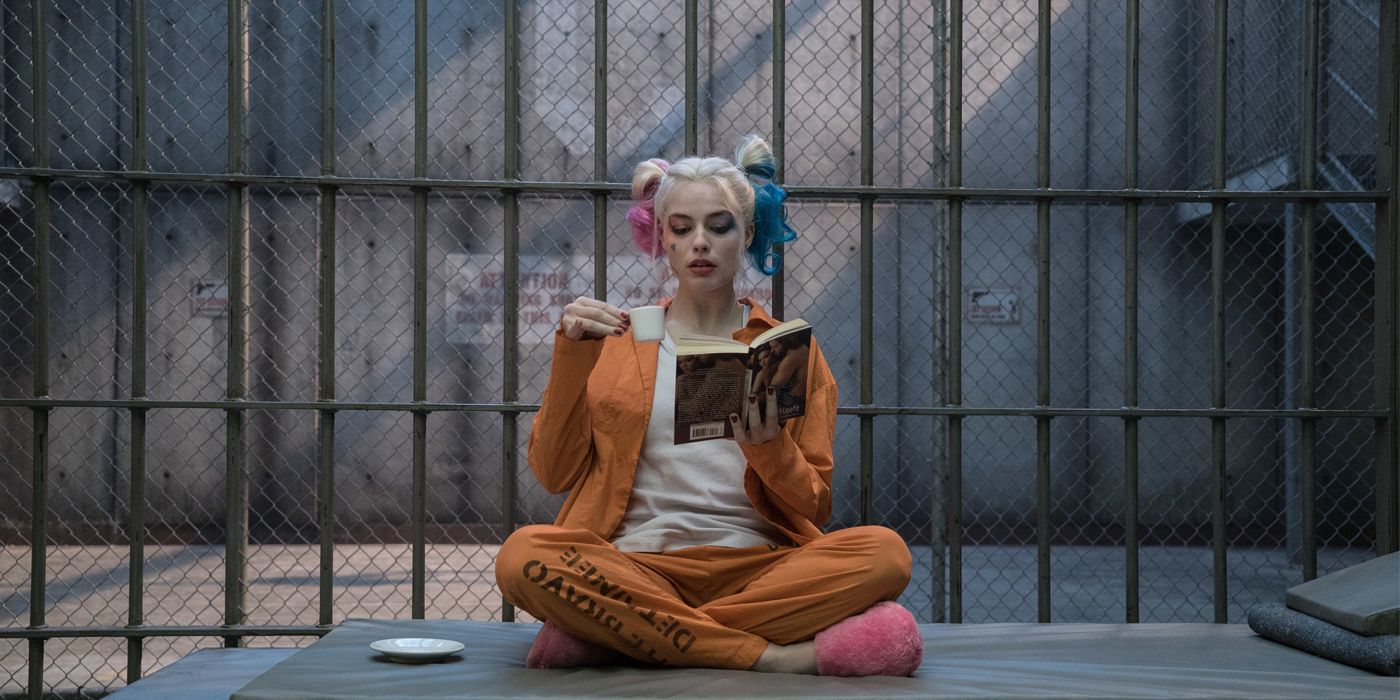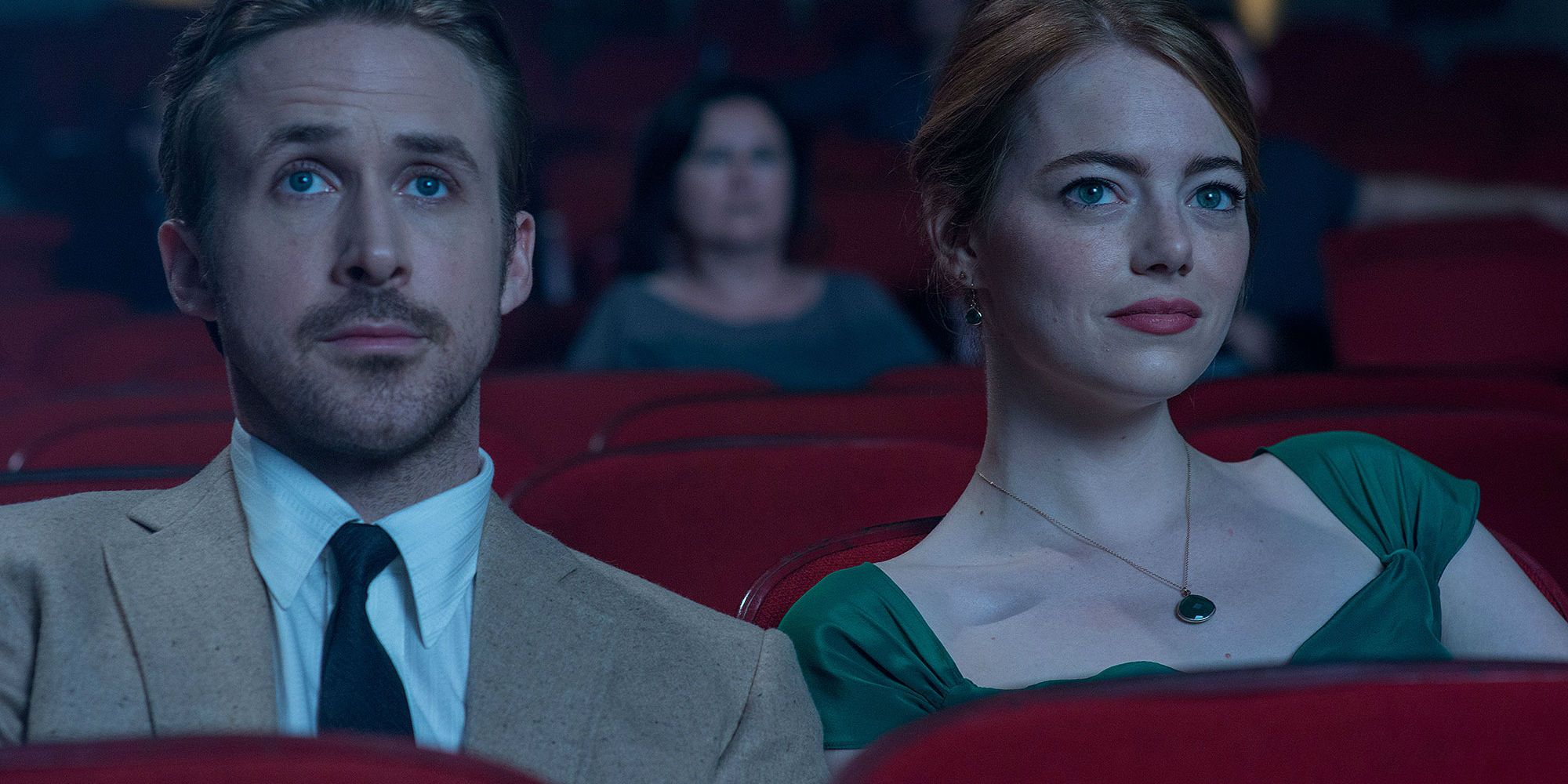The Marvel Cinematic Universe is one of the most successful franchises of all time, boasting a revolving door of highly respected talent between cast and crew, and yet has won zero Oscars out of ten nominations for its 14 films so far. This fact has remained largely irrelevant until the recent 89th Academy Awards, in which David Ayer's Suicide Squad picked up the Oscar for best Hair and Makeup.
Though there's certainly a case to be made for why Suicide Squad's win was well-deserved, it does highlight a substantial question: what does the MCU have to do in order to win an Oscar? Removing the DC/Marvel rivalry, Marvel Studios' output has been consistent and ground-breaking by any number of metrics. From the first Iron Man right up to the upcoming Guardians of the Galaxy Vol. 2, Marvel's logo has become an assurance of quality and the studio now regularly attracts some of the most exciting filmmakers currently working. Marvel has almost single-handedly taken comic book movies to an unprecedented global audience, and near revolutionized how studios approach longform cinematic storytelling with their version of the shared cinematic universe. And yet, for all of these accomplishments, the studio remains without an award from the biggest honorary body in the film world.
The Academy's shunning of top box officer earners has long been a subject of controversy, with the Oscars maintaining a paradigm in which they honor blockbusters with technical awards but reserve the more respected plaudits for the more “serious” movies. It's become a time-honored tradition that the biggest, most widely seen films of any given year will be largely relegated to categories like Hair and Makeup and Sound Editing, while the coveted Best Director, Best Picture and the various casting nods are mostly populated by mid-budget prestige productions, often characterized as “Oscar-bait.”
In many cases, the Academy are right to place big budget releases pretty low in the pecking order when it comes to awards consideration, since popularity isn't necessarily synonymous with quality. Marvel, however, is becoming very proficient at producing massive summer tentpoles that go beyond the sum of their parts, and are provocative and exciting in their own right. Pictures like The Avengers and Guardians of the Galaxy go beyond frivolous popcorn fare and technical wizardry with smart scripts, nuanced characters, and strong performances. Marvel movies are inviting and standing up to deeper wells of criticism while continuously drawing bigger and bigger audiences, and their doing so without Academy recognition is becoming more and more glaring as a result.
There are some valid reasons behind Marvel movies failing to come out top at the Oscars. For instance, the studio's visual effects, though strong, aren't as on the cutting edge as The Jungle Book remake or Gravity in terms of CG, nor do they use anywhere near as much practical effects as was seen in Mad Max: Fury Road. Marvel movies have also come under fire for their somewhat bland color grading, which undoubtedly impacts the movies' chances of landing a Best Cinematography nomination. However, this also goes beyond a lack of suitable categories.
In the lead up to this year's awards, Damien Chazelle's La La Land was the front-runner anywhere it held a nomination. It didn't win as much as expected, but it was still the highest earner of the night. La La Land is very well-produced, of that there is no question, but there's a widely held suspicion that its thematic content was what really made the Academy notice over its production value. The movie is, in essence, a love letter to classic Hollywood musicals and the studio days of yore. The lead characters want to be famous in a very old-Hollywood kind of way and much of the music and staging cues are borrowed from old school Hollywood.
La La Land is both technically proficient and thematically homogeneous, a combination the Academy leaps to reward. Similar to the likes of Richard Linklater's Boyhood or Alejandro G. Iñárritu's The Revenant and Birdman. Generally, the Academy favors films that are primarily about American history, or the movie industry, or both. The MCU's chosen themes are, comparatively, more abstract, transposing some of the over-arcing ideas into a world of superhumans and a re-writing of history. Despite this, some of the plotlines are easily as interesting and evocative. Each of Captain America's solo movies have seen Steve Rogers forced to navigate ideas like the line between security and fear and what it means to be a patriot. But both science fiction and fantasy as a whole have a bad track record within the Academy Awards – Denis Villeneuve's widely praised Arrival won the same amount of Oscars as Suicide Squad, in the similarly less regarded Best Sound Editing.
It should be inevitable that an instalment of the MCU one day sweeps awards season. But with each year, it seems more and more likely if Marvel does manage major awards, it will be for Best Visual Effects or Best Editing - if at all. This despite the Russo brothers looking at balancing dozens of characters for Avengers: Infinity War, a movie destined to define an entire era of filmmaking. Meanwhile, the same cinematic universe which swept this year's Razzies has more Oscars than The Shining. What does the MCU have to do to win an Oscar? The Academy may want to get around to figuring out an answer.



